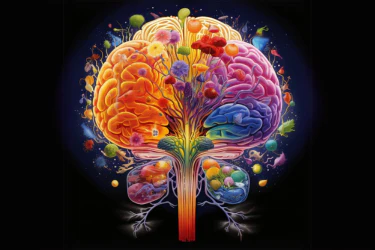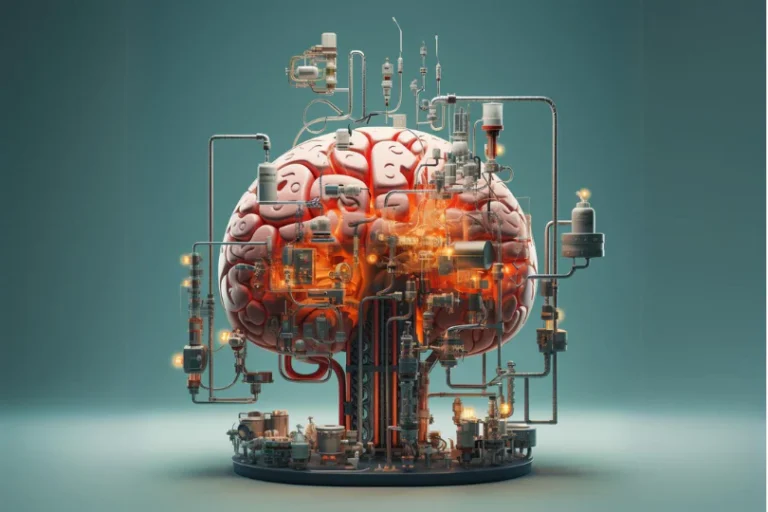How Depression Affects Your Brain Chemistry

The brain operates through intricate chemical processes that regulate mood, behavior, and cognitive function. When depression develops, these chemical systems become disrupted, leading to the emotional and physical symptoms people experience. Understanding the neurochemical changes that occur during depression can help demystify this complex condition and highlight why professional treatment proves effective.
What Is Depression?
Depression represents a mental health disorder characterized by persistent feelings of sadness, hopelessness, and loss of interest in activities once enjoyed. This condition extends beyond temporary sadness or grief, affecting daily functioning and quality of life for extended periods. Mental health professionals recognize several types of depression, including bipolar disorder’s depressive phase and seasonal affective disorder. Each type presents unique characteristics, but all share common features of altered mood and cognitive function.
The symptoms of depression vary among individuals but typically include:
- Persistent sad or empty mood
- Loss of interest in previously enjoyable activities
- Changes in appetite and sleep patterns
- Fatigue and decreased energy
- Difficulty concentrating or making decisions
- Feelings of worthlessness or guilt
- Physical symptoms such as headaches
What Is Its Effect?
Depression creates measurable changes in brain chemistry, particularly affecting neurotransmitters. These are chemical messengers that facilitate communication between brain cells. These changes help explain why this condition produces both emotional and physical symptoms.
Three primary neurotransmitters play significant roles in depression: serotonin, dopamine, and norepinephrine. When it appears, the brain typically produces insufficient amounts of these chemicals or processes them ineffectively. Serotonin regulates mood. Reduced serotonin levels correlate with depressive symptoms, including persistent sadness and sleep disturbances.
Dopamine controls the brain’s reward and pleasure centers. Depression can involve decreased dopamine activity, leading to an inability to experience pleasure from activities that were once enjoyable. Norepinephrine functions as both a neurotransmitter and a stress hormone. Depression may involve dysregulation of norepinephrine, contributing to altered stress responses.
How Is It Treated?
Treatment for depression typically involves approaches designed to restore chemical balance and improve brain function. Certain lifestyle changes can support brain chemistry restoration. Those with more resistant symptoms may require professional guidance. Mental health professionals employ various methods, often combining multiple approaches for optimal results.
Medication
Antidepressant medications work by altering neurotransmitter levels in the brain. Selective serotonin reuptake inhibitors (SSRIs) often serve as first-line treatments due to their effectiveness and relatively mild side effect profiles. Serotonin-norepinephrine reuptake inhibitors (SNRIs) affect both serotonin and norepinephrine levels, providing dual-action treatment for depression symptoms.
Psychotherapy
Therapeutic interventions help individuals develop coping strategies and address underlying factors contributing to depression. Cognitive-behavioral therapy (CBT) teaches people to identify and modify negative thought patterns that perpetuate depressive symptoms. Interpersonal therapy focuses on improving relationships and communication skills, addressing social factors that may contribute to depression. Psychodynamic therapy explores unconscious processes and past experiences that influence current mental health.
Consult a Mental Health Professional
Depression involves complex changes in brain chemistry that require professional assessment and treatment. Mental health professionals possess the training and expertise to evaluate symptoms, determine appropriate treatment approaches, and monitor progress. They can prescribe medications when necessary and provide therapeutic interventions tailored to individual needs. With proper professional guidance, individuals can restore brain chemistry balance and regain their quality of life.
- What to Expect When Visiting a Foot and Ankle Specialist
- Causes of PTSD
- The Link Between Plantar Fasciitis and Weight Gain: What You Need to Know
- How Pet Ownership Can Positively Impact Life with Fibromyalgia
- The Importance of Stretching and Flexibility in Sports Medicine
Dr. Emma Green is a health and wellness expert with over 10 years of experience in nutrition and fitness. Passionate about helping others live their healthiest lives, Dr. Green shares practical advice on wellness, nutrition, and sustainable living through LivingSpristine.






